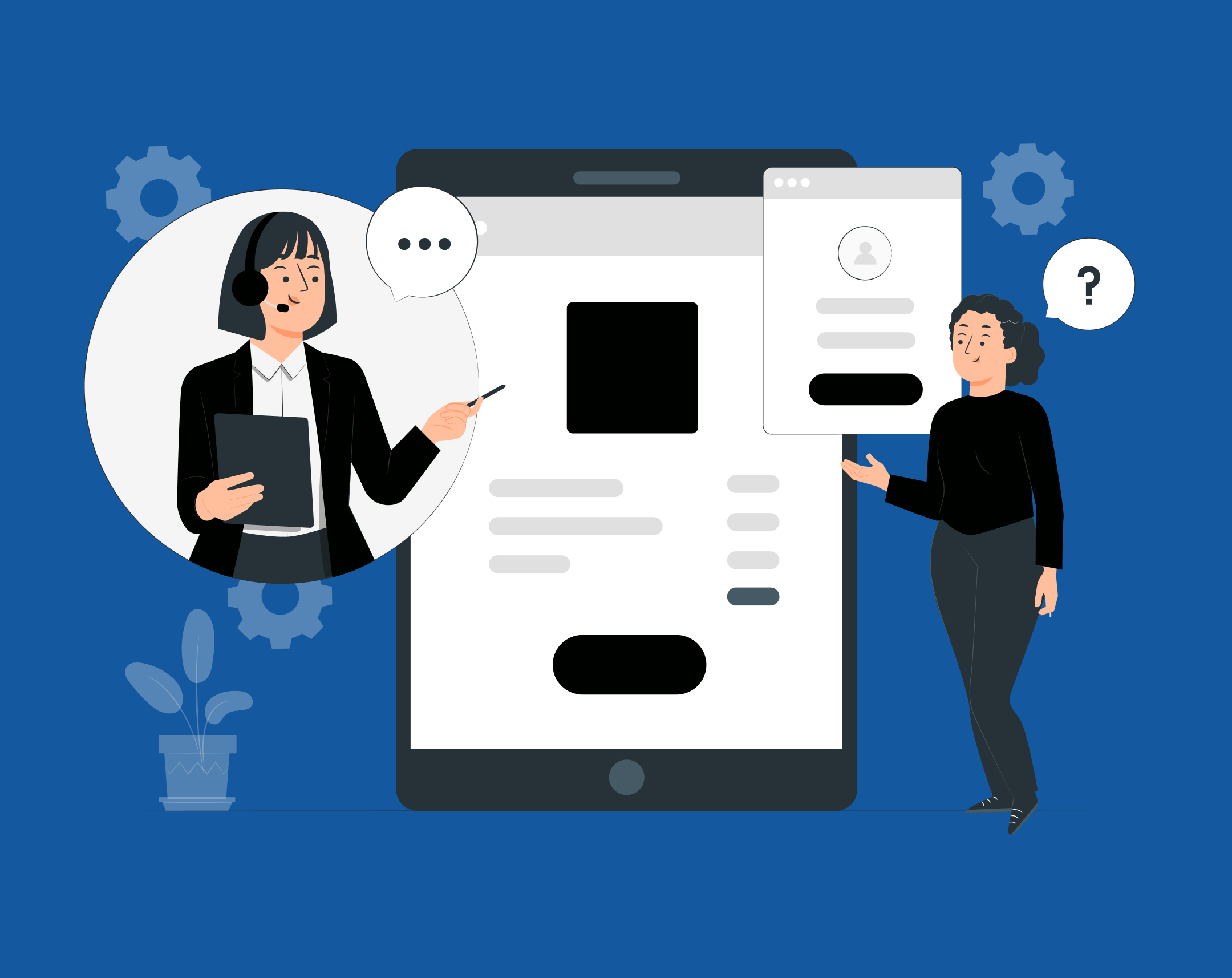If you’ve ever handled a long line of customers, resolved a complaint mid-rush, or remembered a regular’s name and order by heart, you already know what it takes to deliver world-class service. What you may not realize is that those same abilities can open the door to high-growth, remote careers in customer success, tech support, and sales development.
Across Latin America, former waiters, hotel receptionists, baristas, retail staff, and store managers are trading the front desk for a front-row seat in the global economy. With the right training and a focus on building new technical skills, service pros are stepping into roles that once seemed out of reach.
Why Hospitality Skills Translate So Well
💬 1. Customer Empathy Comes Built-In
Hospitality professionals are natural relationship-builders. They’re trained to read tone, handle difficult situations gracefully, and turn a bad moment into a loyal client. These interpersonal skills are invaluable in remote support and sales.
⏱ 2. Grace Under Pressure
Service roles demand multitasking, emotional regulation, and high-speed problem-solving. Those same traits are exactly what employers want in client-facing remote positions, where multiple conversations, shifting priorities, and tight deadlines are the norm.
🧰 3. Comfort With Digital Tools
Most hospitality workers already use technology daily, whether it’s a POS system, booking software, or an inventory app. With some structured training, transitioning to platforms like HubSpot, Zendesk, or Salesforce is a manageable step.
🌍 4. Understanding the Human Side of Business
In a digital economy, human connection stands out. Hospitality workers bring a blend of personality and professionalism that helps companies deliver not just answers, but memorable customer experiences.
Real Career Switches We’re Seeing
- Hotel receptionist → Remote Customer Success Associate
- Retail team lead → SDR for a U.S. SaaS company
- Barista → Community Support Rep for a global e-commerce platform
Each transition is powered by a mix of soft skills carried over from hospitality and new hard skills acquired through focused training.
What to Learn to Make the Jump
To compete for remote roles, service professionals should actively build a toolkit of technical and professional skills:
- ✅ CRM systems (HubSpot, Salesforce, Zendesk)
- ✅ Written English for chat and email roles
- ✅ Remote etiquette (response times, async communication, screen sharing)
- ✅ Time zone awareness for working with global teams
This combination is what makes hospitality talent not just adaptable, but employable in competitive remote markets.
The Takeaway
A hospitality background gives you an advantage: empathy, adaptability, and composure under pressure. But those qualities are only the foundation. To land and grow in a remote role, you’ll need to add hard skills, like CRM systems, English writing proficiency, and structured remote workflows, to your toolkit.
Think of it as a pivot, not a leap: your service experience is the springboard, and the right technical training ensures you land securely in the global remote economy.



No responses yet